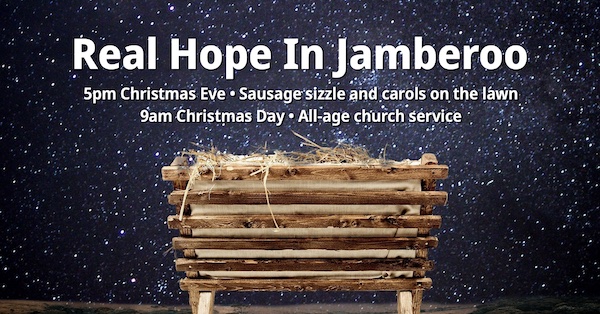Power in Weakness

It’s amazing how many gyms have opened up in our region, each trying to attract new customers with discount fees and the latest equipment.
For some people, it’s the lure of ‘me time’ on the cardio machines, running fast on a treadmill to nowhere.
For others, it’s the promise of building strength, knowing that resistance training grows muscle, which overcomes one of our greatest enemies: weakness.
Nobody wants to be weak, because this means you’re subject to the strength of others, unable to independently manage your life.
But what if the way to strength was through weakness?
The Apostle Paul had many spiritual things to boast about, but he chose to boast only about his weaknesses.
He knew that something had happened that stopped him from boasting, and so he pleaded with Jesus three times to remove this painful thing, yet:
Each time [Jesus] said, “My grace is all you need. My power works best in weakness.” So now I am glad to boast about my weaknesses, so that the power of Christ can work through me. That’s why I take pleasure in my weaknesses, and in the insults, hardships, persecutions, and troubles that I suffer for Christ. For when I am weak, then I am strong. (2 Corinthians 12:9-10)
What was true for the Apostle Paul is also true for us today: the power of Jesus works best in weakness.
When we go through painful moments of weakness, we can trust that the Lord is working through them for our good and for his glory.
Power in weakness is the opposite to what we’d expect in life, but it’s exactly what happened at the cross of Christ, as the greatest battle was fought when our Lord was at his weakest.
Jesus showed his power in weakness… and so we should expect that of our life, too.
JODIE McNEILL









